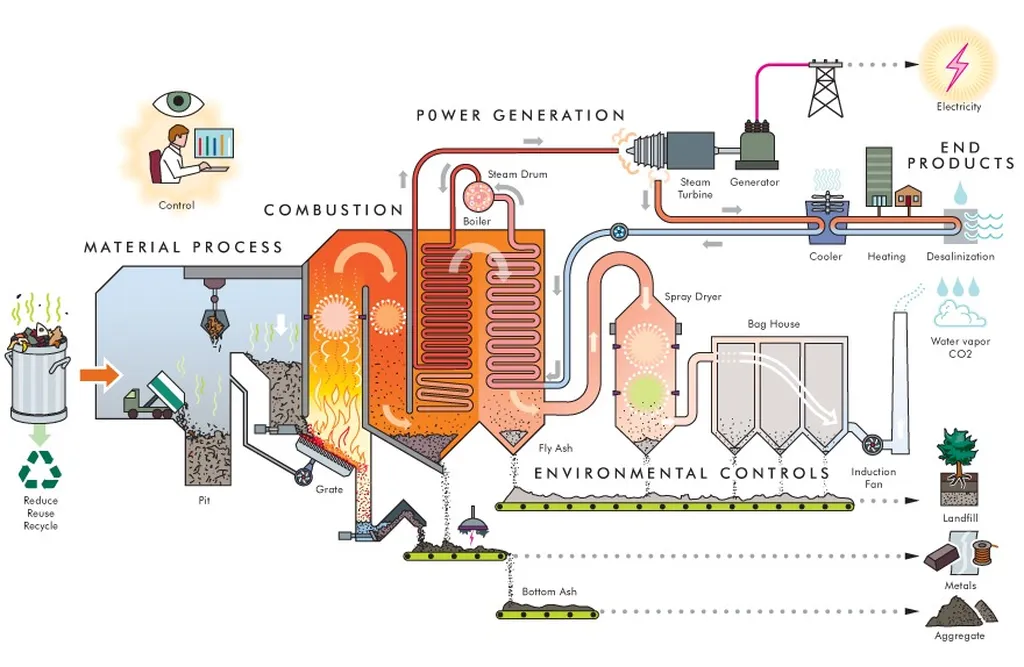In a significant stride towards decarbonizing the heating sector, a recent study published in the journal *Cleaner Energy and Technology* has shed light on the potential of electric boilers and thermal energy storages to revolutionize Nordic power markets and district heating systems. The research, led by Pauli Hiltunen from the VTT Technical Research Centre of Finland, explores how these technologies can enhance flexibility in the power system and reduce reliance on fossil fuels and biomass.
Electric boilers, which utilize cheap electricity prices in systems with high shares of intermittent renewable production, are becoming an attractive option for district heating operators. “Electric boilers can utilise cheap electricity prices in the power system with a high share of intermittent renewable production,” Hiltunen explained. “Therefore, they are an attractive technology for district heating operators.”
The study employed the Backbone model to analyze the impact of electric boilers and thermal energy storages on the Northern European energy system. This model allows for detailed analysis of individual district heating systems while also studying large-scale system impacts. Multiple scenarios with varying capacities of electric boilers and thermal energy storages were modeled, revealing that electric boilers can significantly reduce the use of fossil fuels and biomass in district heating production.
One of the most compelling findings was that electric boilers primarily used electricity from renewable sources, leading to a decrease in the curtailment of wind power. However, the research also noted a slight increase in fuel consumption in electricity production. Thermal energy storages were found to further reduce curtailment, while district heating production costs decreased and electricity prices increased.
The implications of this research are profound for the energy sector. As Pauli Hiltunen pointed out, “Diminishing carbon sinks combined with potentially increasing biomass utilisation create additional pressure to find alternative heat sources for the carbon-neutral district heating systems in Finland and Europe.” The study suggests that electric boilers, coupled with thermal energy storages, could be a key solution to these challenges.
The findings highlight the potential for electric boilers to play a crucial role in the transition to a low-carbon economy. By integrating these technologies into district heating systems, energy operators can not only reduce their carbon footprint but also enhance the overall flexibility and efficiency of the power system. As the energy sector continues to evolve, the insights from this research could shape future developments and policies aimed at achieving carbon neutrality.
In summary, the study by Hiltunen and his team offers a promising outlook for the electrification of district heating systems. By leveraging electric boilers and thermal energy storages, the energy sector can move closer to achieving its decarbonization goals, ultimately contributing to a more sustainable and resilient energy future.

